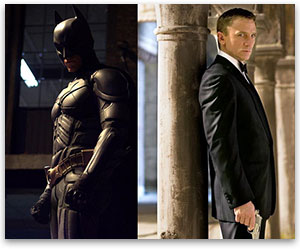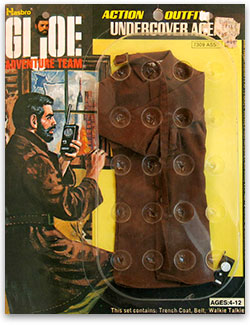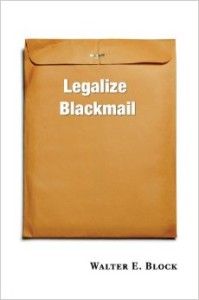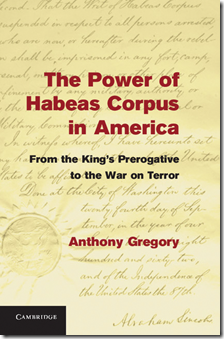Batman vs James Bond
History, Pop Culture, Private Security & Law In recent months, my wife and I have been catching up on the Daniel Craig trilogy of 007 movies, and I’ve been watching Batman cartoons with my seven-year-old son. So my thoughts have been full of action heroes — particularly the Dark Knight and Her Majesty’s secret servant.
In recent months, my wife and I have been catching up on the Daniel Craig trilogy of 007 movies, and I’ve been watching Batman cartoons with my seven-year-old son. So my thoughts have been full of action heroes — particularly the Dark Knight and Her Majesty’s secret servant.
I remember my father complaining about both characters and contrasting them to the lone-hero tradition of hardboiled detectives and their fictional forebears, the cowboys.
G.I. vs Private Eye
In fact, my father’s point to my preteen self was a continuation of a point he made to me when I was about my son’s age. I’d just gotten a set of “Undercover Agent” accessories for my GI Joe doll (we didn’t call them action figures back then). Gone were the camouflage fatigues and assault rifle; now Joe sported a dark trench coat and a walkie-talkie.
 I said, “Look dad: It’s GI Private Eye!”
I said, “Look dad: It’s GI Private Eye!”
My father explained to me that my rhyming name for my new hero was self-contradictory. A GI was an American soldier, an official agent of the US government, whereas a “private eye” was a private individual, a lone hero in the fictional tradition. If dad had been more of a libertarian, he would have said that the military agent is paid by coercively extracted taxes and operates by state privilege, whereas the private detective is an agent of the market, authorized only by private contracts, and liable to the same restrictions as any individual citizen. My father doesn’t talk that way, even now, but he would acknowledge that description as making the same point.
So after GI Private Eye, I grew up with an awareness of the distinction between heroes like James Bond, who was funded and sanctioned by the government, and heroes like Philip Marlowe, who was funded by private clients and sanctioned only by his personal code of conduct.
…
Batman vs James Bond Read Post »



